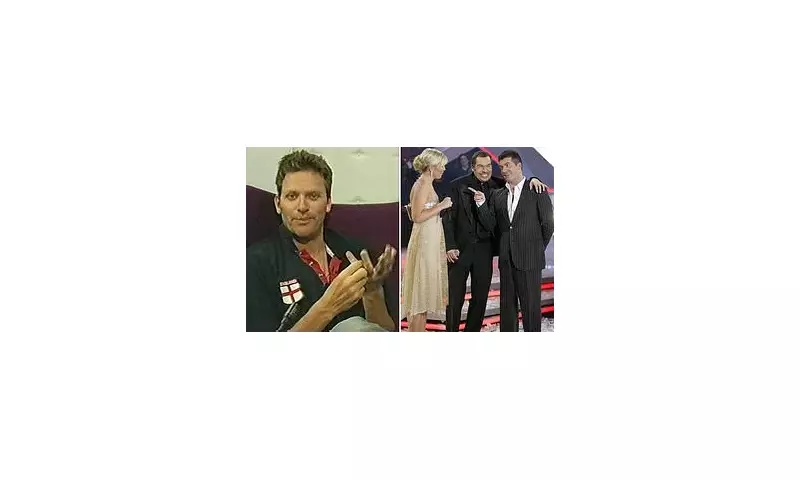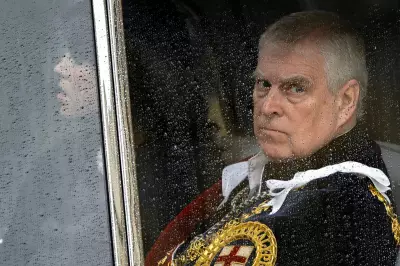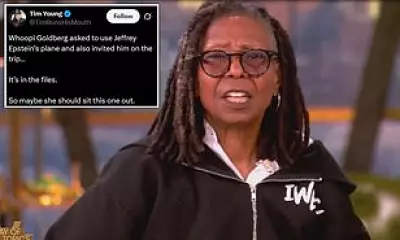
British television has witnessed countless defining moments that have not only captured the nation's attention but fundamentally altered the broadcasting landscape forever. In a stunning retrospective, British GQ has curated the most pivotal scenes that transformed how we consume entertainment.
The Reality Revolution Begins
Before social media trends and viral content dominated our screens, television held the ultimate power to create overnight sensations and national villains. The publication highlights how certain moments became cultural touchstones that continue to resonate decades later.
Big Brother's Original Villain
No moment better encapsulates reality television's raw power than Nasty Nick Bateman's dramatic downfall in the inaugural series of Big Brother. His orchestrated campaign of deception and subsequent confrontation with fellow housemates didn't just make headlines—it created the blueprint for reality TV drama that producers have been trying to replicate ever since.
The tension-filled scene where his scheming was exposed became water-cooler conversation across Britain, demonstrating television's ability to generate genuine national unity around shared outrage and fascination.
When Music Television Changed Forever
The X Factor's impact on British culture cannot be overstated, but one particular audition reshaped the entire music industry. Susan Boyle's breathtaking performance on Britain's Got Talent created a global phenomenon that transcended television, proving that talent could emerge from the most unexpected places and capture hearts worldwide.
Meanwhile, The X Factor's early seasons produced moments that became embedded in popular culture, from shocking auditions to emotional eliminations that had entire households reaching for the tissues.
Drama That Defined Generations
Scripted television equally contributed to these watershed moments. The Sopranos, though American, achieved cult status in British living rooms, with its groundbreaking storytelling and complex characters setting new standards for dramatic television.
British productions similarly delivered unforgettable scenes that sparked national conversations about everything from social issues to artistic boundaries, proving that television could be both entertaining and thought-provoking.
The Legacy Continues
These iconic moments established patterns that modern television still follows. The reality TV formulas, dramatic structures, and audience engagement strategies pioneered during these watershed broadcasts continue to influence today's programming.
As British GQ's retrospective demonstrates, these television events did more than just entertain—they shaped cultural conversations, launched careers, destroyed reputations, and created shared experiences that united millions of viewers across the United Kingdom.
What makes these moments endure isn't just their initial impact, but how they fundamentally changed our relationship with the small screen, transforming television from passive entertainment into interactive cultural participation that continues to evolve with each new generation of programming.





